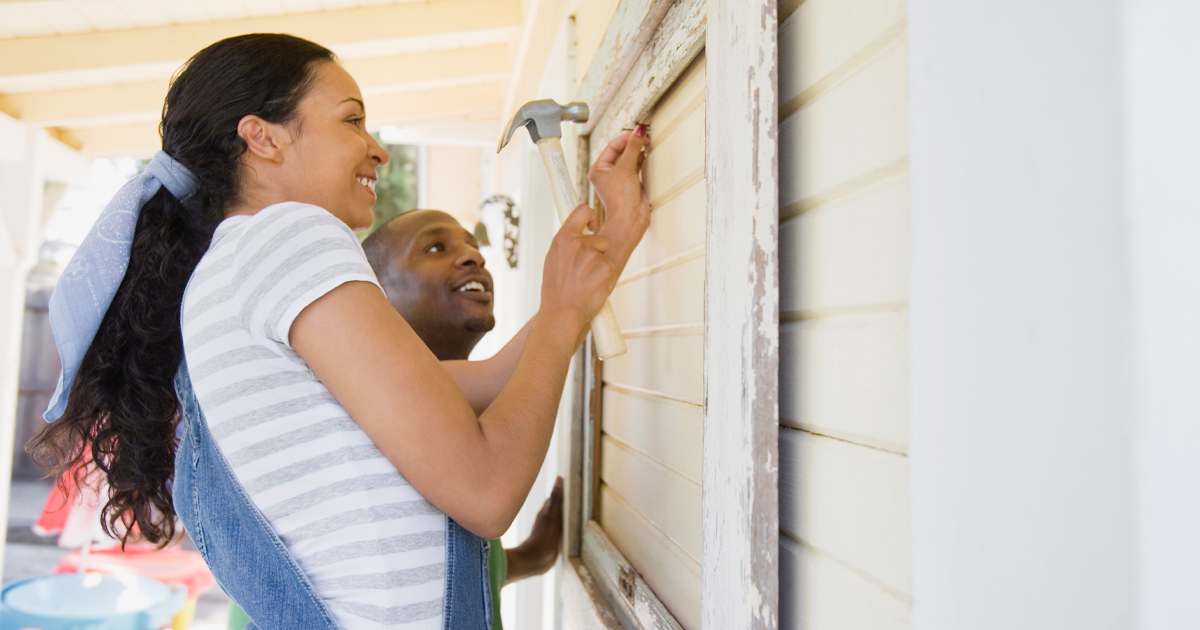How to protect your rental deposit

Are you renting a place? Make sure you’re not in for a nasty surprise when it comes to getting your deposit back. Here are some tips…
It happens to everyone. You find a new place to stay and you hope the returned deposit will be enough to land your next lease. But after deductions you never saw coming, you’re left with much less than you expected.
It will help to know what a deposit is for, how it works and what your rights and responsibilities are.
THE PAYMENT
A security deposit is money you pay to the landlord to get the place before you can move in. Usually, it’s one to three month’s rent, paid with the first month’s rent or when the lease is signed. The money protects the owner in case you don’t keep to your agreement – by not paying rent or causing damage, for instance.
When the deposit is paid, the landlord should issue a written receipt with your name, the date, amount and the property’s address on it.
The deposit is held in an interest-bearing account, or an audited trust account if it’s an estate agent, for as long as your contract lasts.
If there are no claims, the full deposit with interest must be returned to you within seven days after the lease ended. If there are claims, the landlord must return the balance within 14 days after the lease ended. These claims could be rental money you still owe, unpaid utility bills or repairing damage that’s more than normal wear and tear.

BEFORE YOU MOVE IN
Read the contract. It’s probably long and complicated but make sure you know what you’re supposed to get (parking bay and so on), who to contact about repairs and specific rules (for example, about keeping pets).
Some leases have a deposit administration fee which can be monthly or a once-off. Make sure you know how much and how you’ll pay.
Visit the property with the landlord when it’s empty and take date-stamped pictures or videos of every room, focussing on any damage or wear you see. An agent might do that anyway, but take some for your own records as well.
BEFORE YOU LEAVE
You don’t have to give the place a make-over before moving out. The Rental Housing Act says you’re not responsible for wear and tear, which is defined as deterioration or depreciation in the value of an item through ordinary and reasonable use.
Before you make your final exit, compare the place to the pics you took when moving in. Are you leaving it the way you found it? Landlords will respond positively if they see you made an effort. Do a good clean, replace lost spare keys, make sure the garden looks cared for, check that all bulbs work and put out toilet paper in the bathroom.

If repairs are needed, see what you can do yourself. This will save time and money, since landlords are likely to get in professionals who charge more and will make a bigger dent in your deposit. However, don’t do advanced jobs such as plumbing or painting unless you’re sure you can. It might be better to get in someone at your own expense.
Related article: 5 Easy ways to cut costs and save more
THE FINAL STEPS
Give notice well in advance and in writing so your landlord can start looking for new tenants. Be accommodating about people coming to view the place.
Make sure you are there for the final inspection and have proof ready that you’ve paid all utilities.
The landlord or agent will look for things that need fixing before they can get new tenants. Most of the time they accept that carpets and curtains get worn, doors and floors get scuffed and paint fades. Even so, you might disagree about what is wear and what is damage. Keep your ingoing pics handy in case there is a dispute.
Related article: What is good debt?
DISPUTES
What happens if the landlord won’t give back your deposit at all? Have a look at the clause in your lease again. It should specify permissible deductions.
If you’ve had a good relationship with your landlord, an open and honest conversation can help you reach a friendly settlement.
If that doesn’t work, your final step is going to the Rental Housing Tribunal, a government body that settles disputes between landlords and tenants at no cost.
You’re supposed to look after a rental space as if it’s your own. Remembering that and reading your lease document thoroughly will go a long way to ensuring you walk out with your deposit intact.
Related article: How to get your home loan approved
Sources: https://www.trafalgar.co.za, http://www.derebus.org.za, https://www.privateproperty.co.za, https://house.me/blog, https://www.news24.com/fin24
Related articles

Latest Jet club magazine
We’ve got the latest trends, exciting prizes and exclusive savings just for you!
Jet Club will not pass your details to anyone else. By clicking the subscribe button you confirm you have read and agree to the Jet Club Terms and conditions and Jet Club Privacy Statement.
Subscribe

